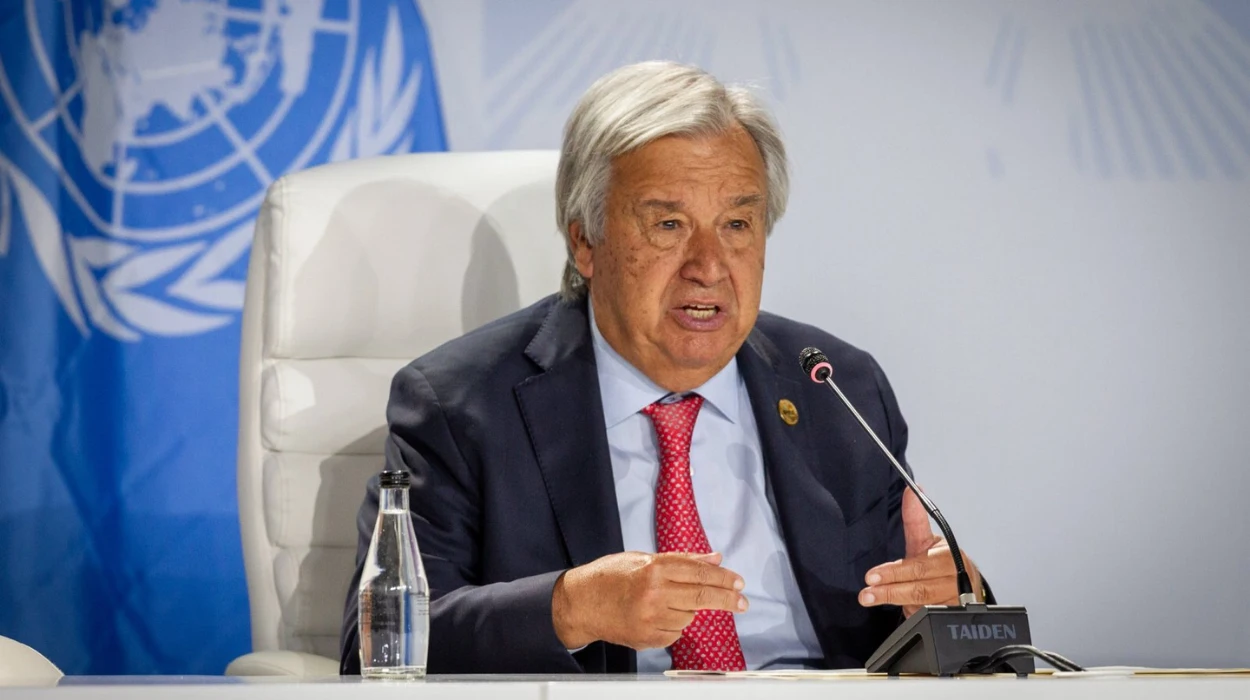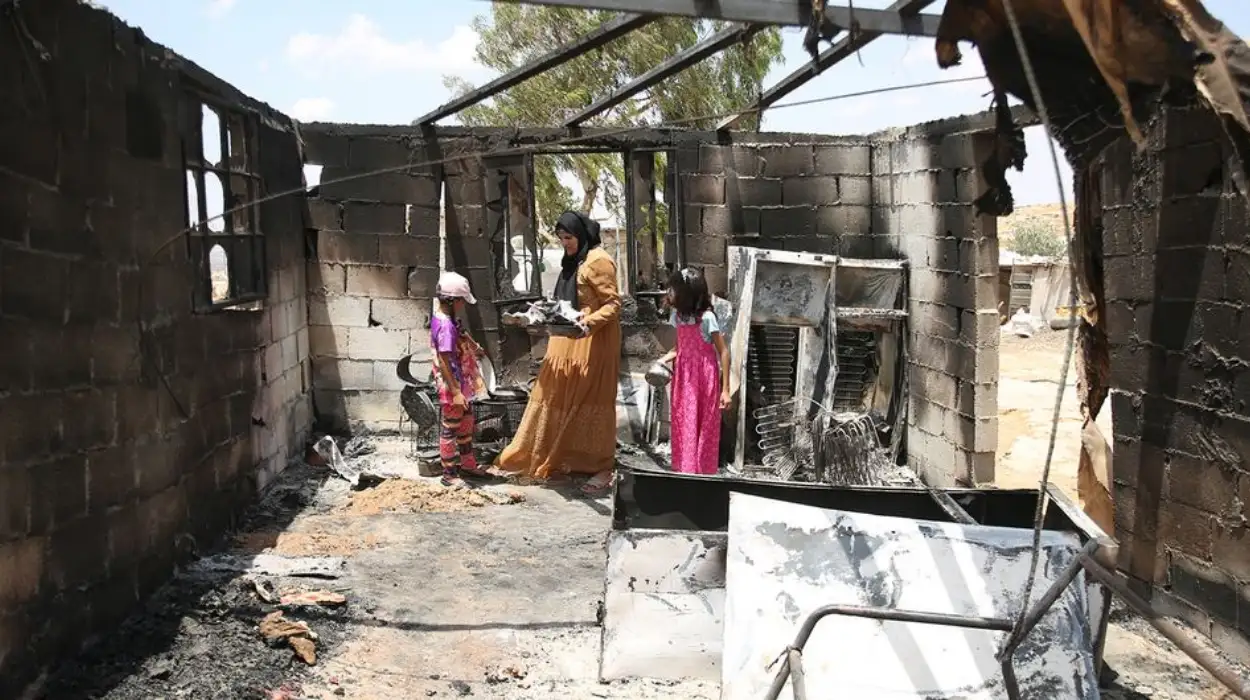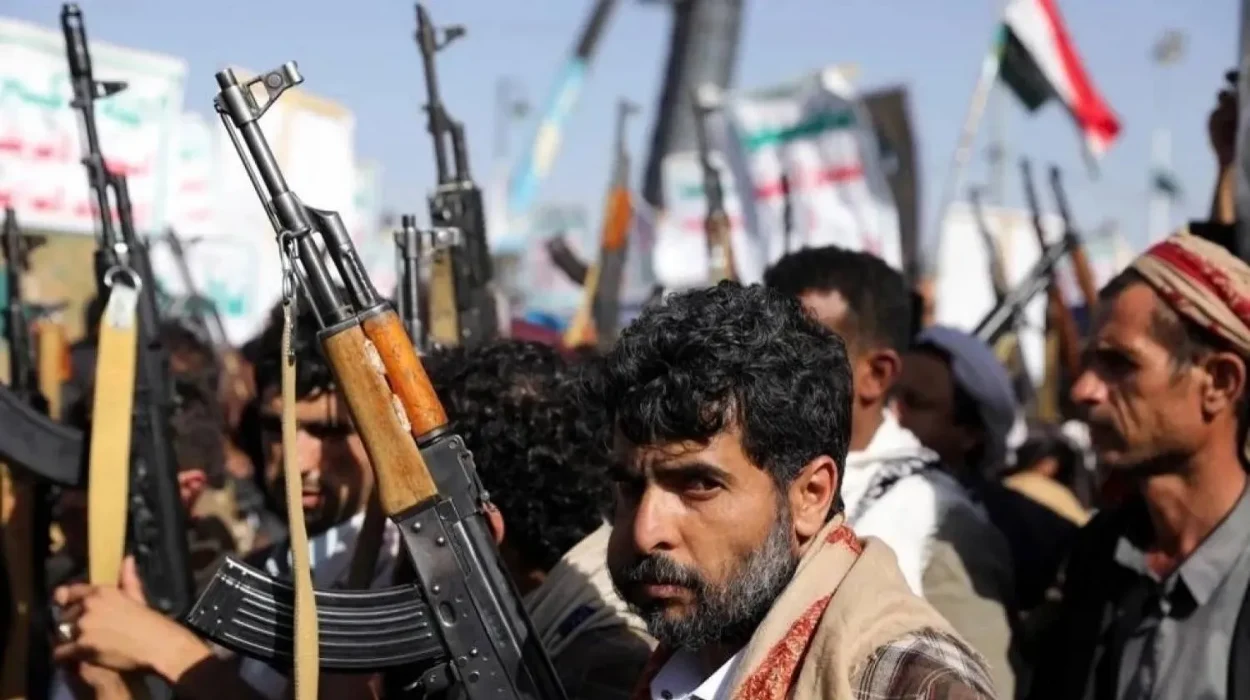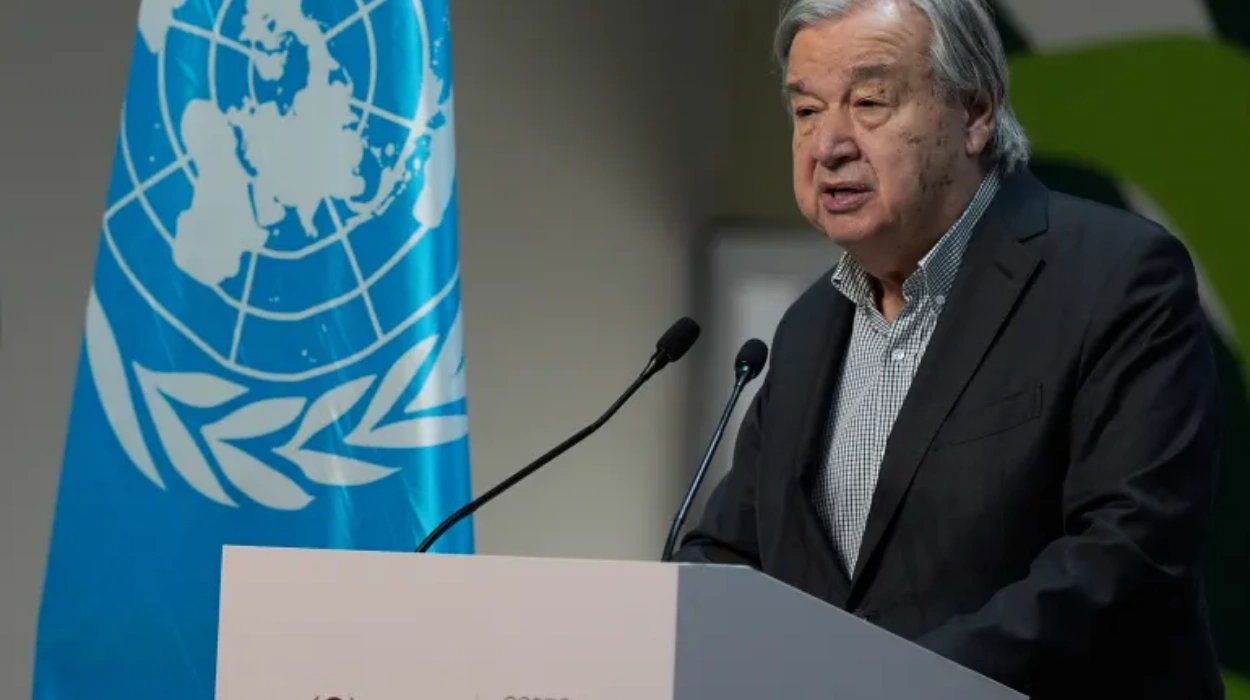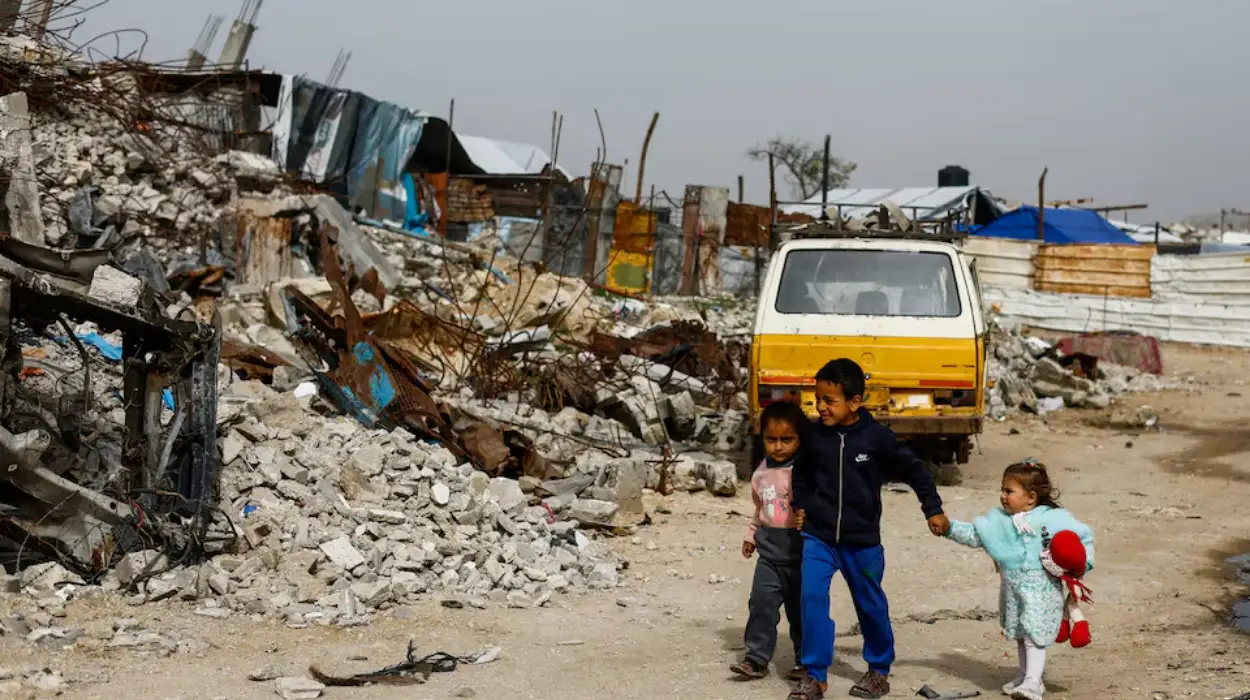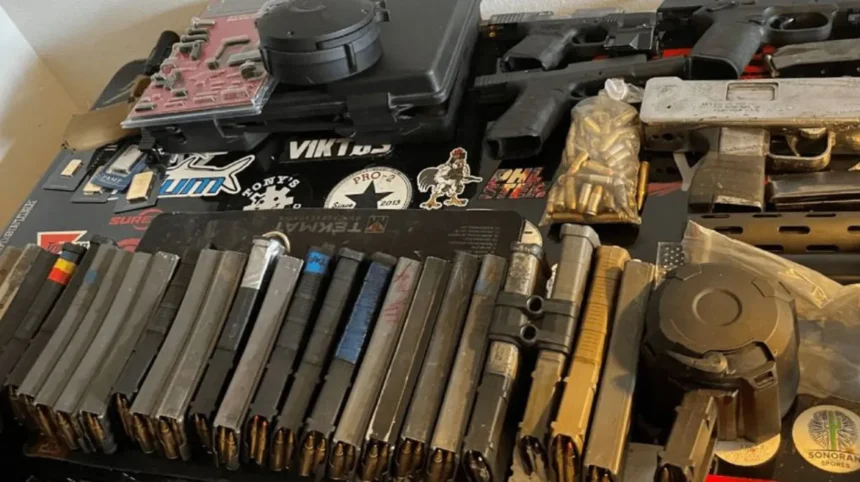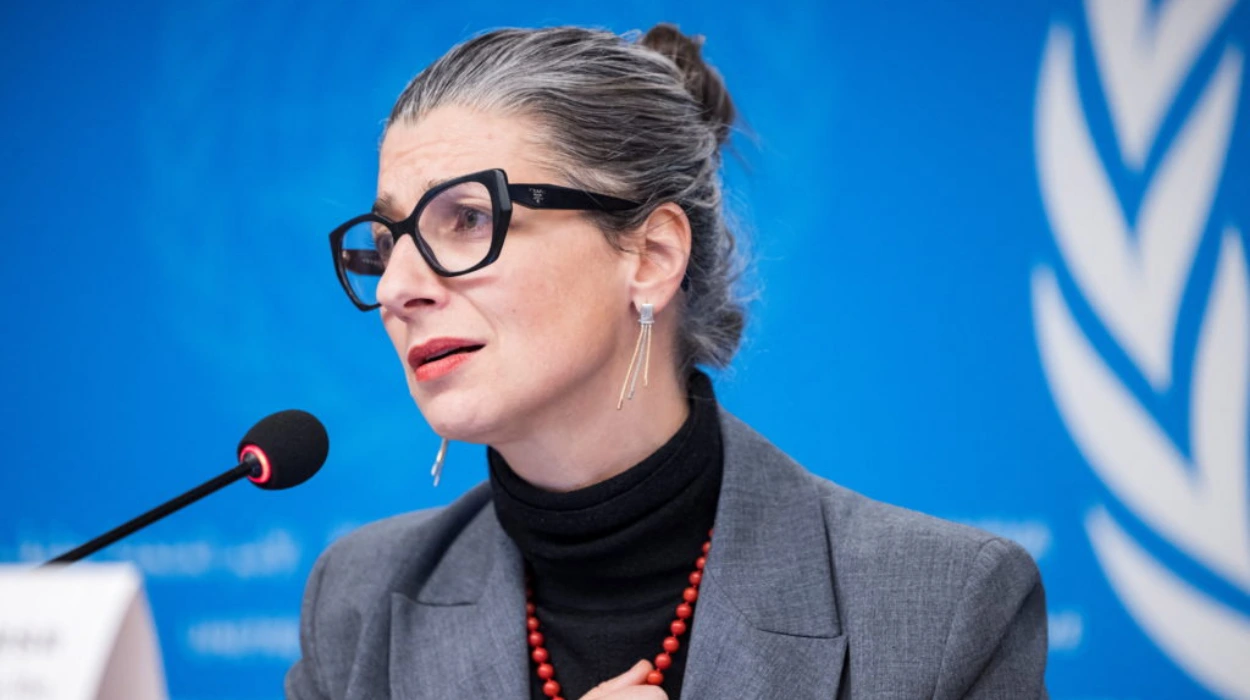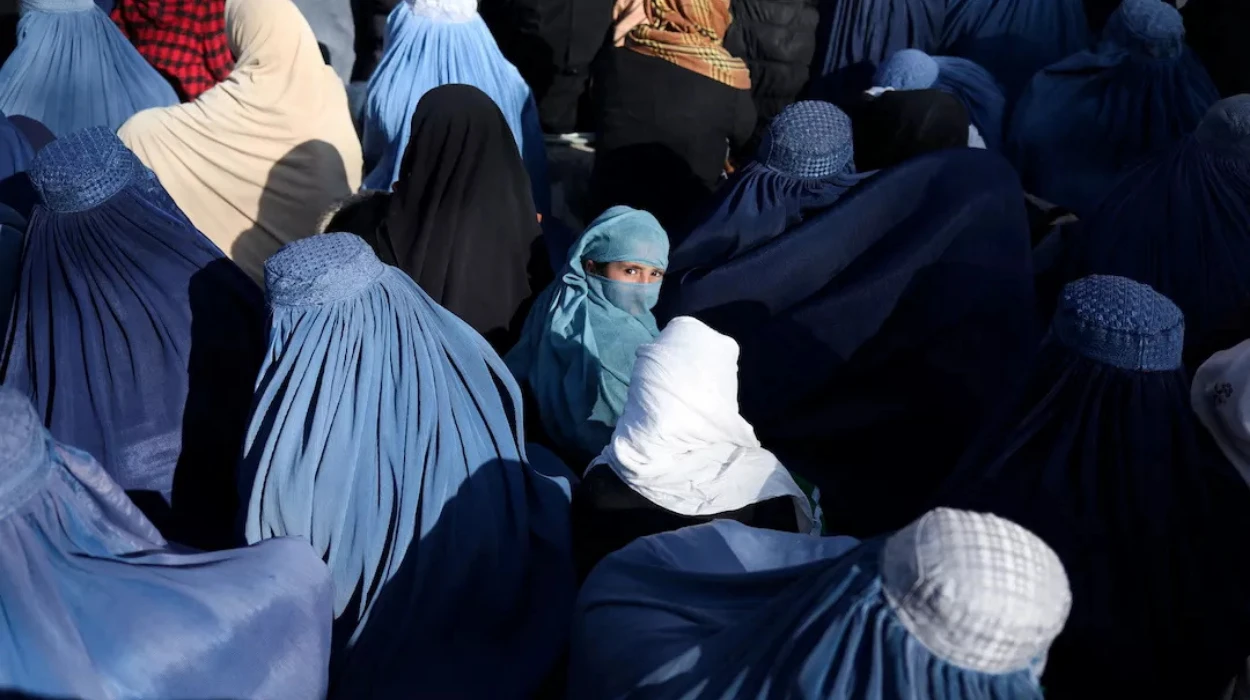The renewal of the sanctions imposed on Haiti by the United Nations Security Council in October 2025 highlights how the instability and criminal violence are still continuing to damage the social structure in the nation. Initially introduced by Resolution 2653 in 2022, the sanctions approach incorporates travel bans, asset freezes, and an arms embargo against those individuals and networks that perpetrate violence and corruption. These actions will limit the scope of operations of the gangs and their funders who have used lax governance systems and porous borders.
Other high profile figures added to the sanctions list in 2025 are high-profile names like Dimitri Herard, who served in the security detail of the late President Jovenel Moise and the gang leader, Kempes Sanon. Their encompassment signifies an attempt to extend the accountability of the short-term perpetrators to the persons maintaining the instability by unlawful financial and political structures.
However, the larger problem is structural, despite the new international attention. The lack of governance and adequate law enforcement in Haiti still undermines the effectiveness of sanctions by showing the constraints of external pressure without accompanying institutional change.
The Limitations and Complexities of Sanctions Enforcement
The reports of the UN Secretary-General and the UN Panel of Experts on Haiti indicate that the arms embargo, though it is very comprehensive on paper, has critical implementation loopholes. Guns and ammunition still get into the Haitian soil and keep the gangs going, controlling large sections of Port-au-Prince and the surrounding area. Lack of proper customs enforcement, corruption and lack of regional coordination also hamper interception.
The survival of these military formations highlights one of the main contradictions of sanctions: they cannot only be successful because of international determination, but also because of the ability of the concerned state to introduce internal restraints. Sanctions can halt but never prevent the cycle of violence as long as border management and policing continue to be disjointed.
Political-Economic Symbiosis and Sanctions Gaps
What makes it even more difficult to enforce is the fact that, according to the Haitian and international observers, there exists a symbiotic relationship between the representatives of the political elite and armed groups. This interdependence enables the criminal networks to run with some sense of impunity and is usually covered up by other people who enjoy the benefits of illicit economic profits.
Attempts to expand sanctions to politically tied elites have been opposed even by the members of the Security Council themselves, which indicates geopolitical calculations that are the norm of sanction policies. The outcome is a biased application that could jeopardize legitimacy and perception of selective justice which is not exclusive to Haiti but is a reality in sanction regimes of fragile states.
Transition from MSS to Gang Suppression Force
It is important to note that sanctions will not be enough to restore order, so the UN sanctioned a new Gang Suppression Force (GSF) in 2025 to replace the Multinational Security Support (MSS) mission that was led by Kenya. The GSF also functions based on a hybrid concept whereby the UN directs its operations alongside the involvement of the regions and nations in order to enhance operations on the ground.
The establishment of this force is a strategic change that is based on externally driven stabilization to more localized security response. Sanctions are the financial and political tool that is used to supplement the operational mandate of the GSF, and this is aimed at those who finance and orchestrate gang operations behind the scenes. This two-level solution is indicative of an increased awareness that sustainable stability should involve both blocking and breaking of the financial lifelines.
The Role of Member States and Regional Cooperation
The Security Council has also repeatedly demanded more cooperation between the regions to make the sanctions regime more effective. The neighboring states are encouraged to reinforce intelligence information, border security and financial control systems. Arms trafficking is a transnational problem and this means that the security of Haiti can not be viewed in isolation.
Sanctions cannot bring any significant outcome, unless the international players invest in the development of enforcement capacity in the Caribbean and Latin America. In the absence of such cooperation, even the most detailed sanctions will only serve as mere symbols and not as working instruments.
The Justice Dimension of Sanctions
In addition to coercion, sanctions in Haiti have a justice motive. They symbolize a global intolerance of impunity by naming and punishing those implicated in corruption, acts of violence and violation of human rights. The officials of Haiti have referred to the system of sanctions as a pillar or a complement of the national overhaul of justice, and one that strengthens the achievement of accountability, both legally and financially.
However, Haiti’s judicial system remains severely under-resourced and vulnerable to political interference. The ability to prosecute or even detain sanctioned individuals is limited, raising questions about the translation of international sanctions into domestic accountability. Without significant judicial reform and protection for prosecutors, the sanctions risk becoming punitive measures detached from real justice outcomes.
The UN Office of the High Commissioner of Human Rights (OHCHR) has stressed that the impact of sanctions must not be defined solely by the limits they place on the situation, but by the freedom of legitimate rule and institutional rebuilding. Due to the matter of harmonizing the international measures with national capacity-building, it becomes difficult to make accountability credible and sustainable.
The Broader Lessons for Fragile States
The Haitian case gives important lessons that can guide policymakers to consider sanctions as an instrument of justice and stability in weak states. To begin with, sanctions should be incorporated in an integrated policy that incorporates governance reform, security aid, and investment in development. Isolated sanctions have little success in turning around system failures.
Second, imposition of sanctions is currently based on international coordination. Criminal networks develop fast when one part of the world does not follow suit, as in the patchy enforcement of the Haiti arms embargo, so the deterrent effect of the sanctions is diluted.
Third, international institutions must have political cohesiveness. Lack of whole-hearted Security Council consensus more so on how to sanction politically exposed individuals would simply corrode credibility and encourage those who are sanctioned to take advantage of the divisions.
Lastly, sanctions should be accompanied with long term initiatives of supporting domestic legal frameworks. Sustainable justice is not brought into existence by the external penalties in place of national institutions, but by the empowered national institutions that can implement their function in crime prosecution, protection of rights and rule of law.


